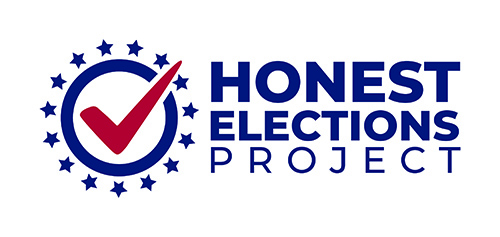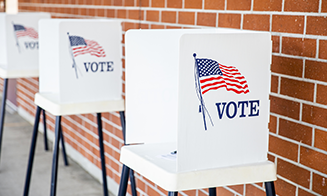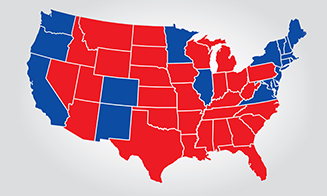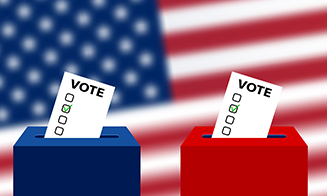No one’s voting rights should be left in someone else’s hands.
Would you hand over your ballot to a stranger who showed up unannounced one day asking for it? You’d be wise not to: recent history has shown that trusting “vote harvesting” operations—where campaign workers, partisan activists, or political operatives go door-to-door to “help” voters fill out their ballots, and then take them—is a good way to be disenfranchised, at least if you don’t vote the way the activist wants you to.
The residents of North Carolina’s Ninth Congressional District learned that the hard way. In 2018 a political operative working for the Republican congressional candidate in the Ninth District was accused of rigging the election. He and his associates submitted absentee ballot requests for voters, and then collected their ballots, often unsealed so they could be altered and forged. In all, hundreds of ballots were tampered with or destroyed in an organized fraud so egregious that it made national headlines and compelled the state election board to throw out the results and order a new election.
Vote harvesting makes it possible for unscrupulous political actors to engage in all sorts of election malfeasance. Sometimes ballots go missing when they aren’t cast for the “right” people; other times, voters are bribed or intimidated into signing away their rights. In 2014, Martin, Kentucky mayor Ruth Robinson was convicted of various crimes related to a shocking effort to rig her re-election. She coerced low-income and disabled residents into signing absentee votes that had already been filled out, threatening these vulnerable voters with eviction from public housing if they didn’t comply.
This sort of conduct would be virtually impossible in the controlled, monitored, and private environment of a polling place, but there are no poll watchers in voters’ living rooms. Elections officials simply can never be sure that harvested ballots were filled out in private and haven’t been altered. And unless voters check, they will never know for certain if their vote was dropped in a ballot box or a waste basket.
Of course, there are always people who need help voting because of age or infirmity. But that help should come from people they trust and whose help they asked for, not strangers harvesting ballots. No one’s voting rights should be left in someone else’s hands. Election rules should protect the rights of all voters, not only to cast ballots, but to have those ballots counted, in a free, fair, and honest election.
READ MORE:
Vote Harvesting a Recipe for Coercion and Election Fraud, Hans von Spakovsky, The Heritage Foundation.



